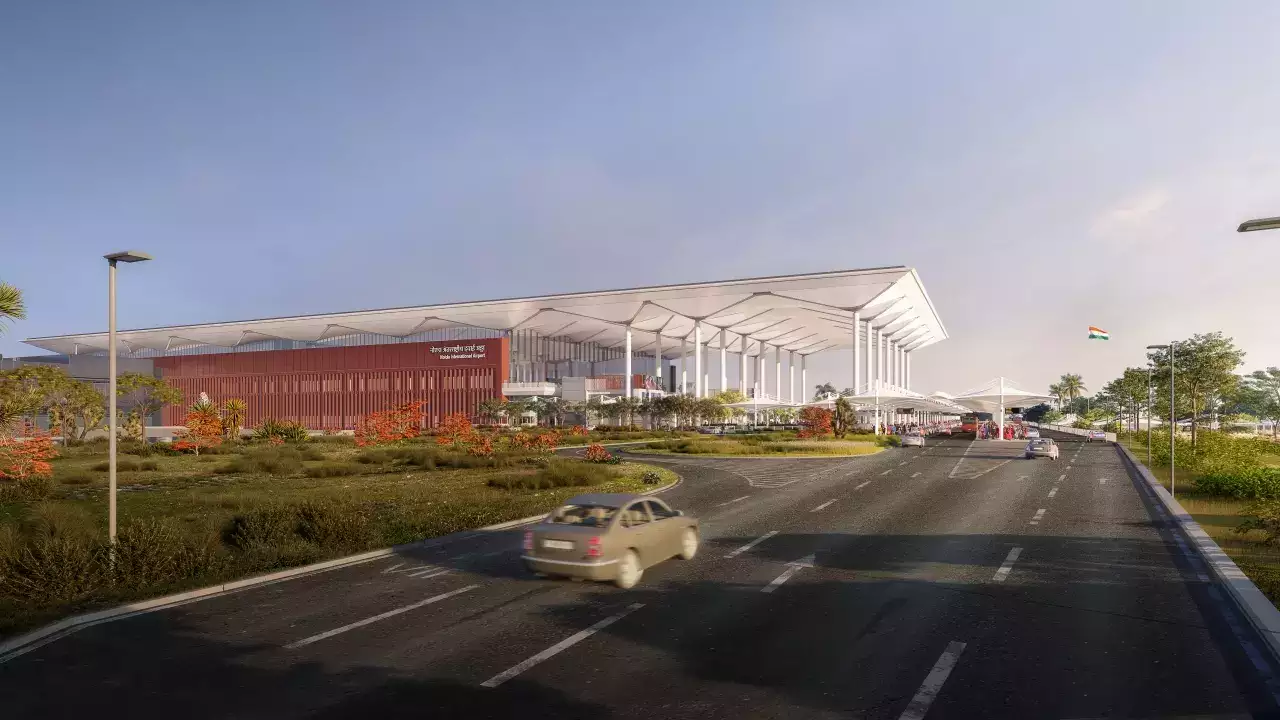
Noida International Airport (NIA) on Thursday signed an agreement with Mahindra Logistics Mobility to provide an electric taxi service for passengers flying from the airport. Under this agreement, Mahindra Logistics will operate a fleet of 100% electric vehicles, offering passengers a comfortable and environmentally friendly ride.
According to a press release, the partnership will ensure smooth and sustainable travel options for passengers traveling to and from NIA, seven days a week. A dedicated mobile app, website, call center, airline alliances, and airport kiosks will be available for passengers to schedule rides.
“This first-of-its-kind airport-branded cab service will set a new benchmark for passenger convenience and environmental responsibility. This partnership is also a testament to our commitment to providing a best-in-class passenger experience, from the moment they arrive at the airport to the moment they depart for their destination,” said Christoph Schnellmann, CEO of Noida International Airport.
This multi-channel approach will ensure accessibility and ease of booking for all travelers. The service will feature premium pickup and drop-off facilities located directly at the arrival and departure kerbs, minimizing walking distances, the release added.
Mahindra Logistics Mobility Focus AreasMahindra Logistics Mobility’s operational model also focuses on safety and efficiency. Drivers will undergo rigorous training on airport protocols and customer service standards, ensuring high-quality interactions with passengers. The fleet will be managed with a focus on real-time dynamic adjustments based on passenger demand and flight schedules, reducing wait times and extending service availability. The service will also incorporate a robust feedback mechanism to continuously monitor and improve service quality.
The first phase of the airport will feature one runway and one terminal, with the capacity to handle traffic of 12 million passengers annually. Upon completion of all four development phases, the airport will be able to cater to 70 million passengers per year.
